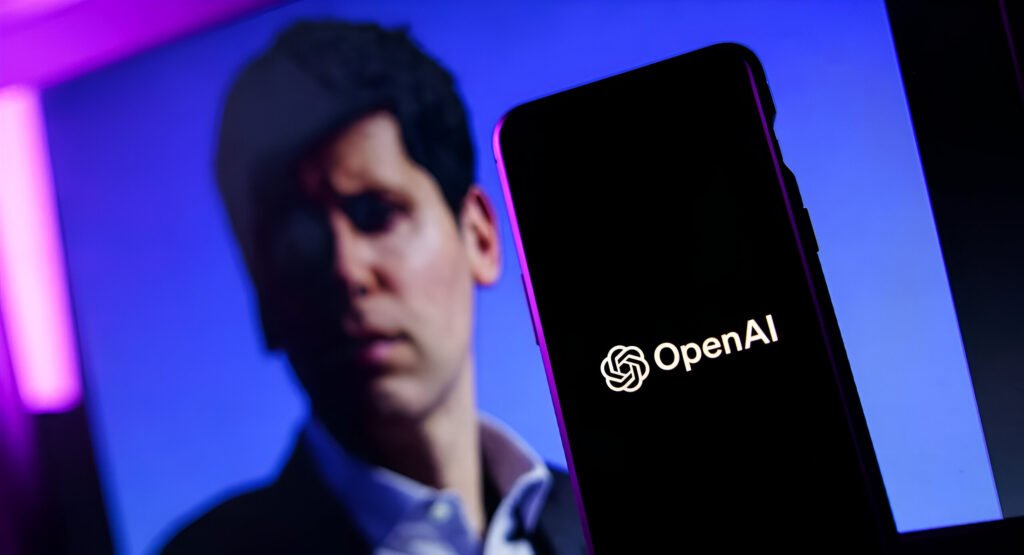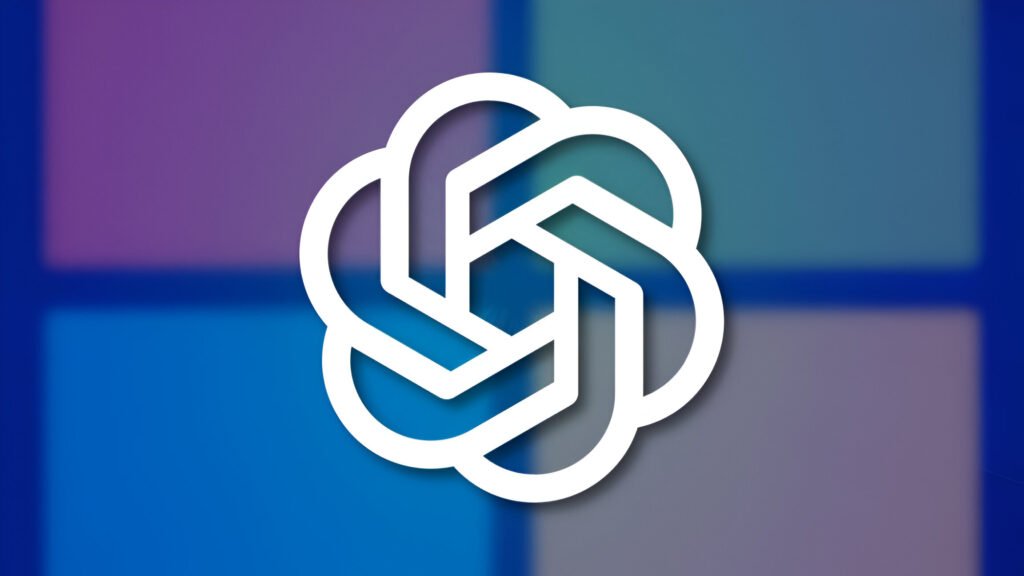
A Pivotal Change in the AI Cloud Cooperation
OpenAI, the distinguished AI company and creator of ChatGPT, has signed a milestone agreement for the use of Google Cloud as its Google Services Integrator. This evolution signifies a fundamental change in the activities associated with AI, as OpenAI has started seeking computing capabilities independent from the Microsoft Azure ecosystem, which has been a long-term relationship. The contract, which was signed in May 2025 after months of discussions, has been noted as a response to OpenAI’s growing demand for infrastructure in order to train and maintain its sophisticated AI models.
The Driving Factors Behind OpenAI’s Computing Needs
While demand for ChatGPT surged after its launch in late 2022, OpenAI has had to deal with compute needs like never before. In the AI world, a computing resource is referred to as a “compute.” In the case of large language models, the resources required to train them in addition to serving inference requests from millions of users are particularly massive. Microsoft Azure was the exclusive cloud provider for OpenAI until January, but the scope of today’s AI workloads is forcing even Google and some other cloud infrastructure providers to be brought on board as partners.
Strategic Diversification: Further than Microsoft Azure
OpenAI’s partnership with Google is an effort to avoid dependency on one cloud provider. In conjunction with this, OpenAI partnered with SoftBank, Oracle, and CoreWeave, which was part of the $500 billion Stargate infrastructure plan. Furthermore, the company is developing its own chips, which will help reduce reliance on vendors, showcasing a shift towards infrastructure self-sufficiency.

What does Google obtain out of the alliance?
This is a huge success for Google Cloud to win the deal and OpenAI. Providing additional computation capabilities to OpenAI is a twofold gain for Google Cloud because it now can augment its income and at the same time strengthen its position as a provider of AI infrastructure. The collaboration comes as Google is increasing the availability of its proprietary tensor processing units (TPUs) to other important customers like Apple, Anthropic, and now OpenAI. Alphabet’s shares increased more than 2% after the announcement, reflecting investors’ optimism regarding the deal and neuroticism for the growth of Google Cloud business.
AI Rivals Work Together Regardless of Stiff Competition
The collaboration stands out especially because of the competitive rivalry existing between OpenAI and Google. OpenAI’s ChatGPT directly competes with Google’s Gemini large language model and even poses a threat to Google’s dominance in the search industry. However, both companies understand that modern AI requires collaboration, not only division. As one analyst pointed out, “Both companies are willing to put aside fierce competition to fulfill the enormous computing resources requirement.”
Consequences for the AI and Cloud Environment
OpenAI’s decision to use Google Cloud in combination with Microsoft indicates the start of multi-cloud approaches in AI development. It illustrates the increasing need for cloud-neutral frameworks and agility as AI models grow more intricate and demanding of resources. This is good news for enterprise customers, startups, and other businesses since this indicates that AI will be developed in an ecosystem that goes beyond traditional tech rivalries.
Anticipating the Future: AI Infrastructure’s Changing Landscape
With continued growth and expansion, OpenAI is likely to further broaden its ecosystem partners and advance work in hardware and software. This partnership with Google marks only the first part of a larger journey that strategically places OpenAI in the evolving landscape of next-generation AI and shifts the landscape of competition in the cloud computing market.











